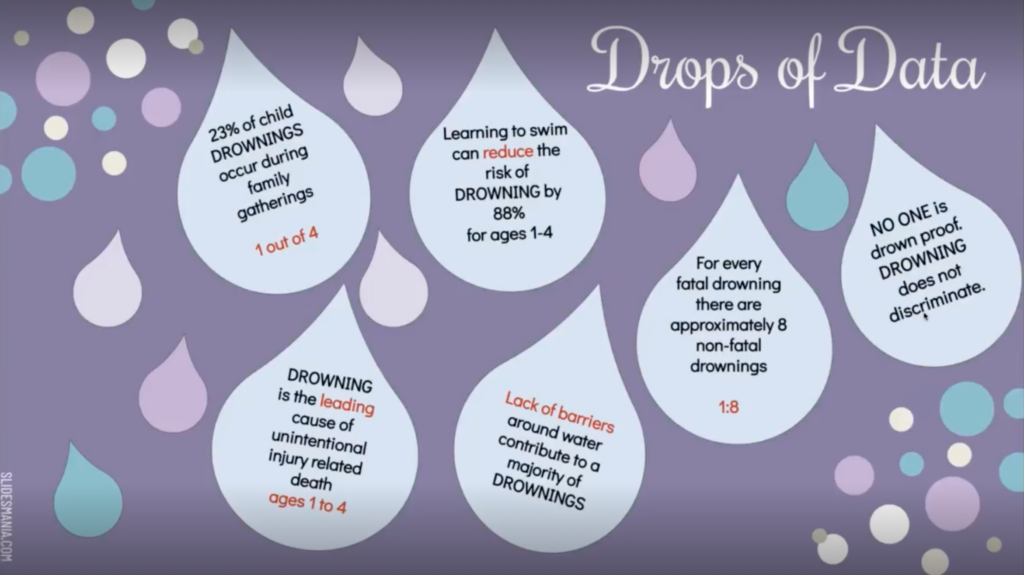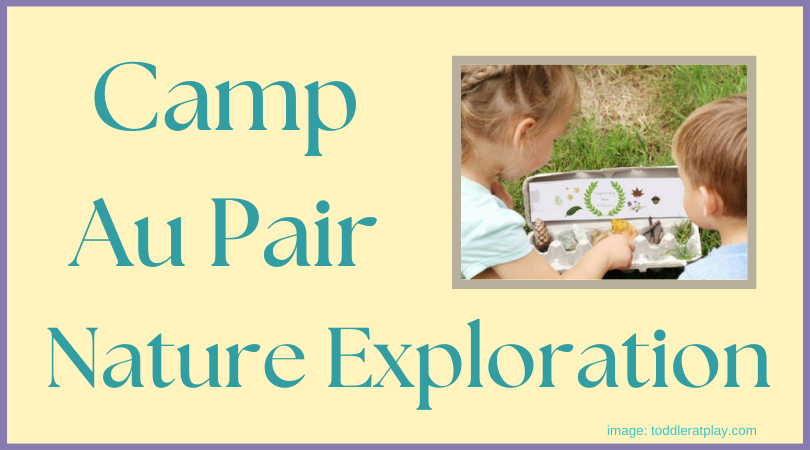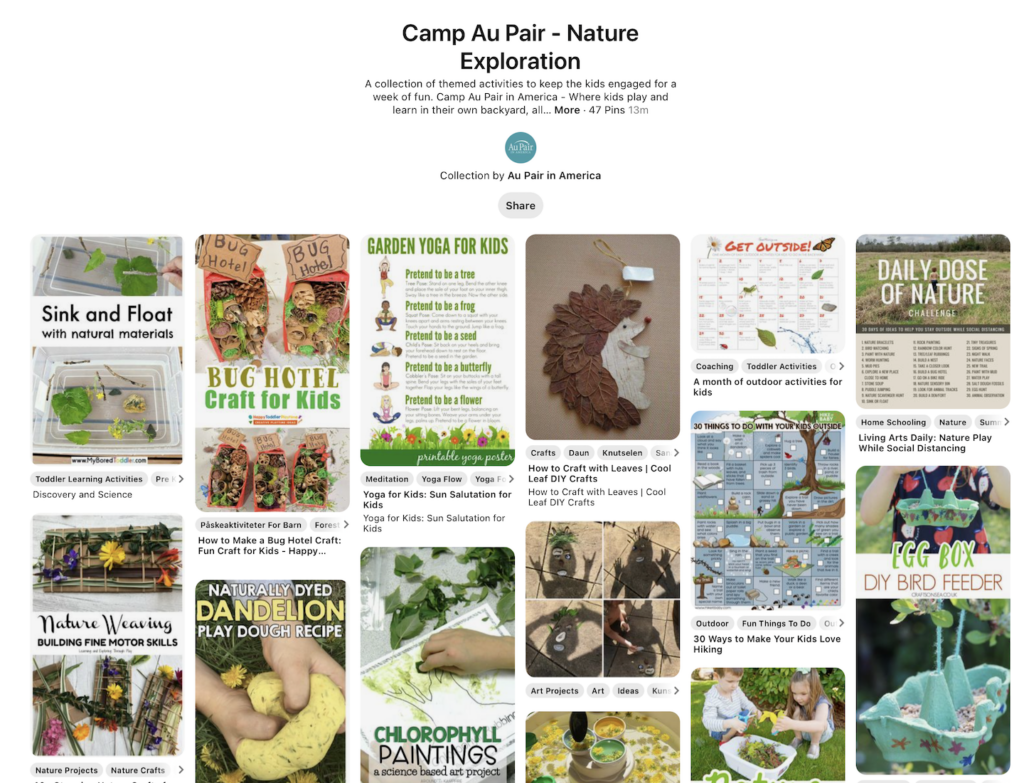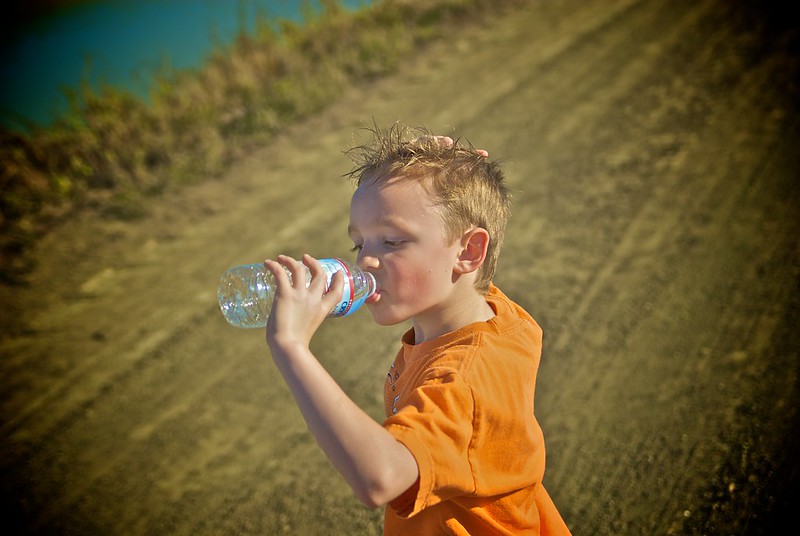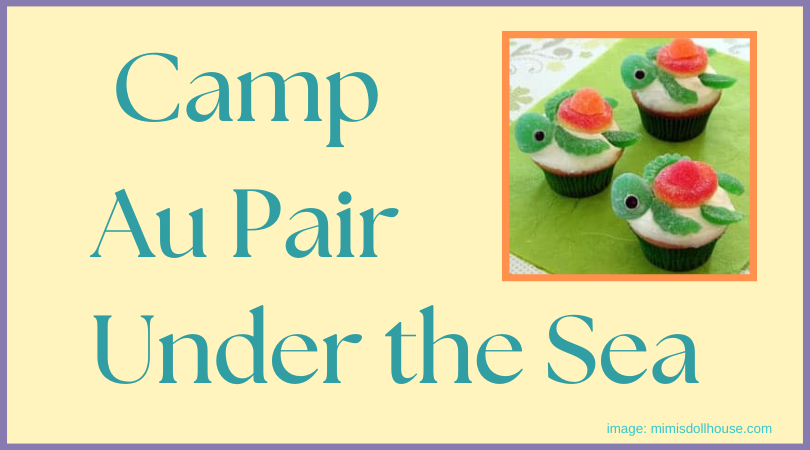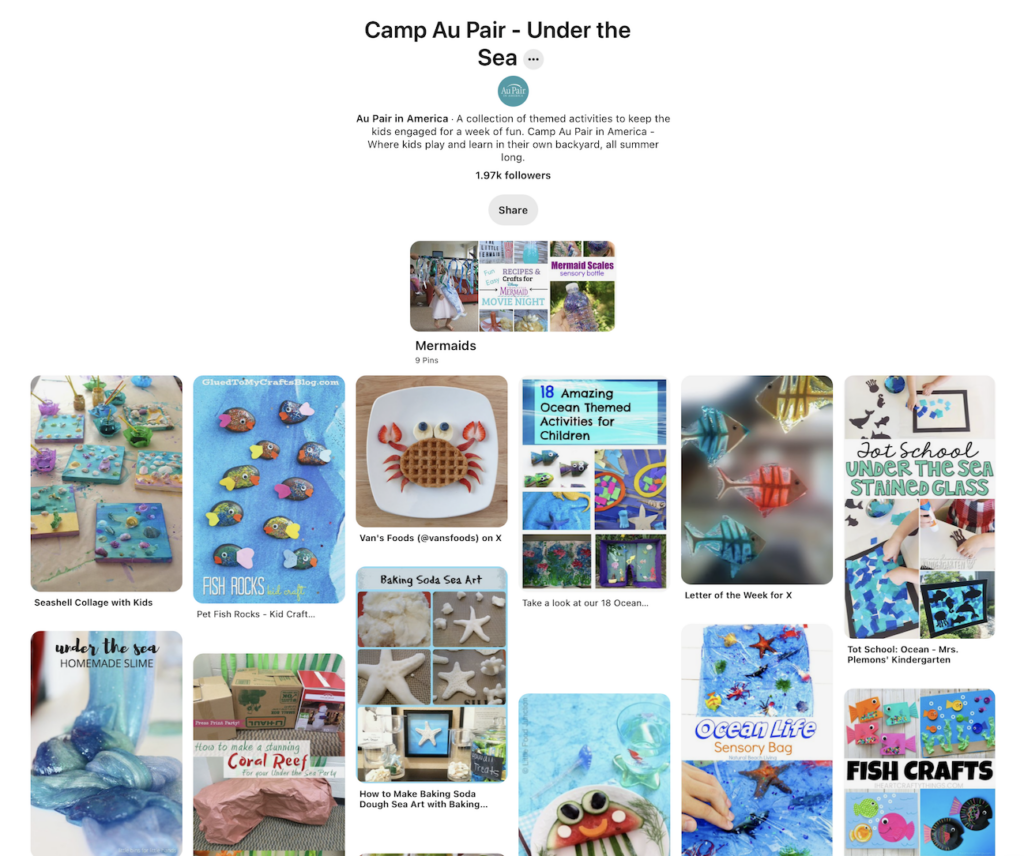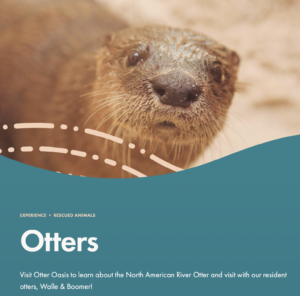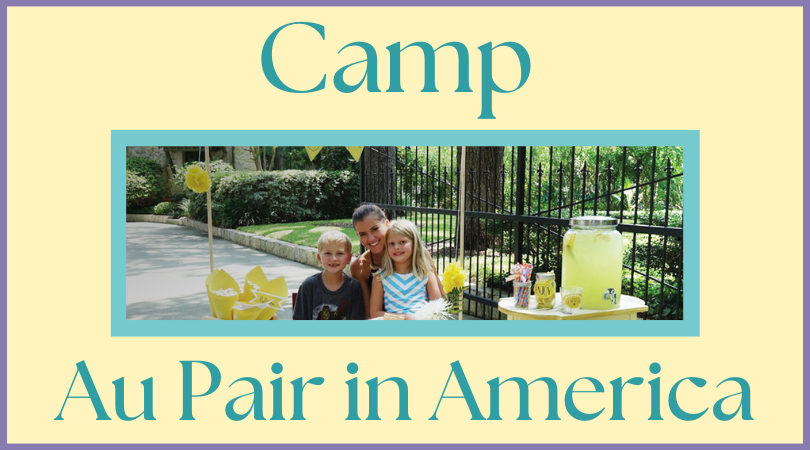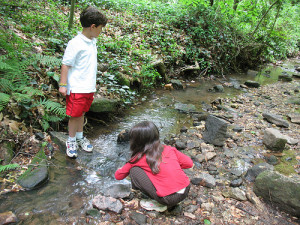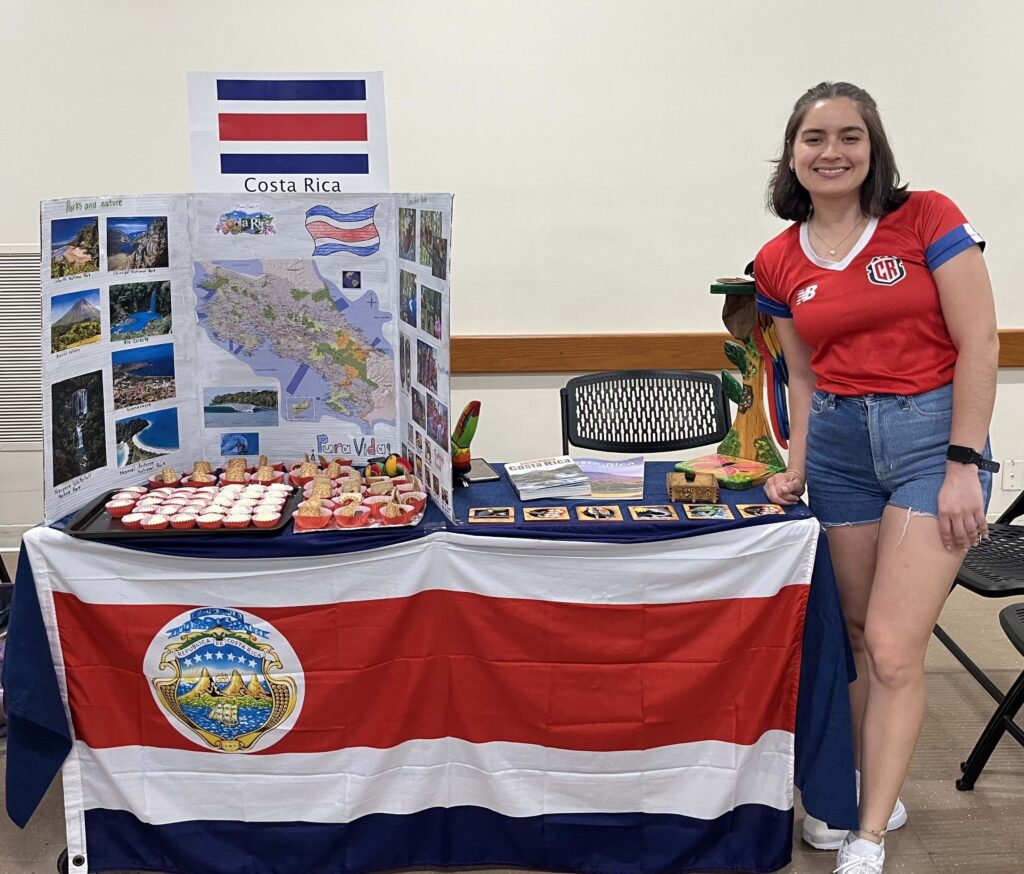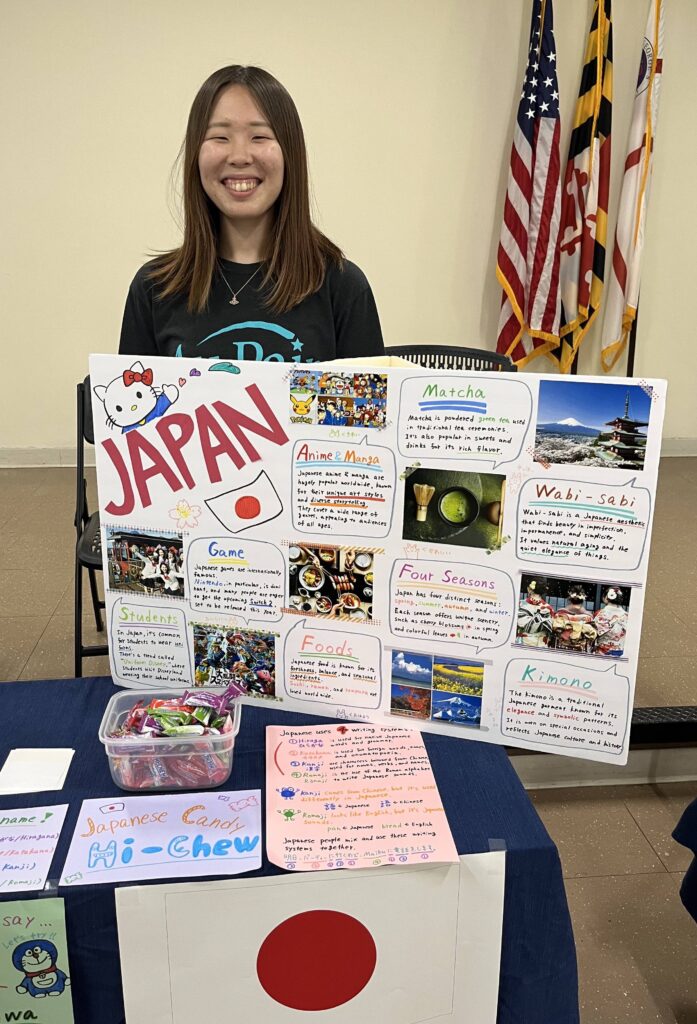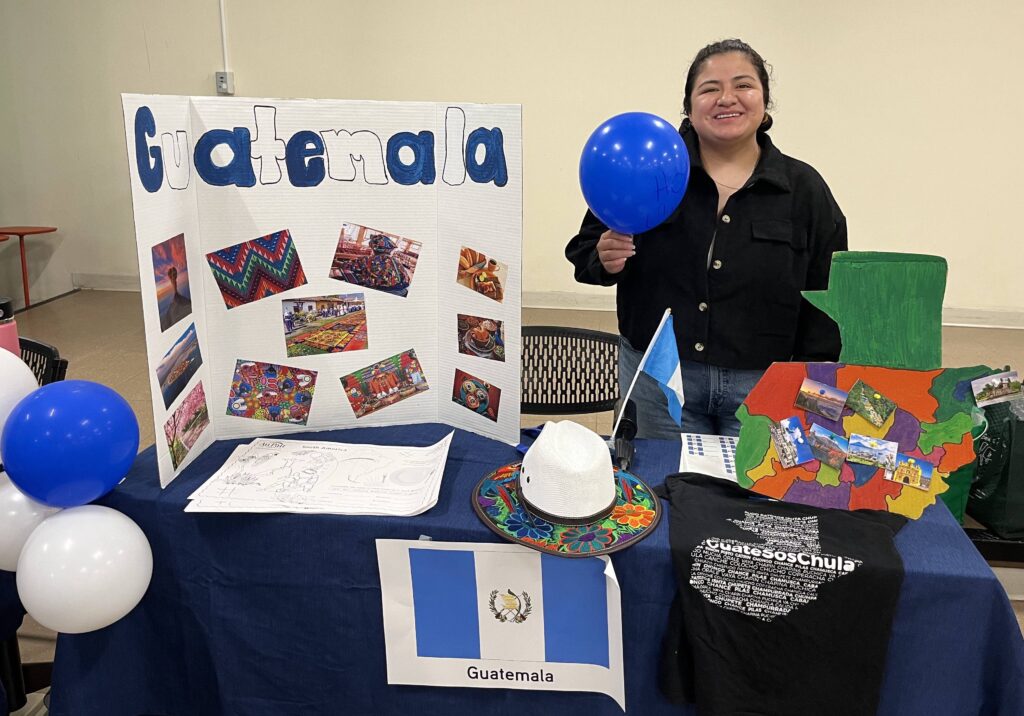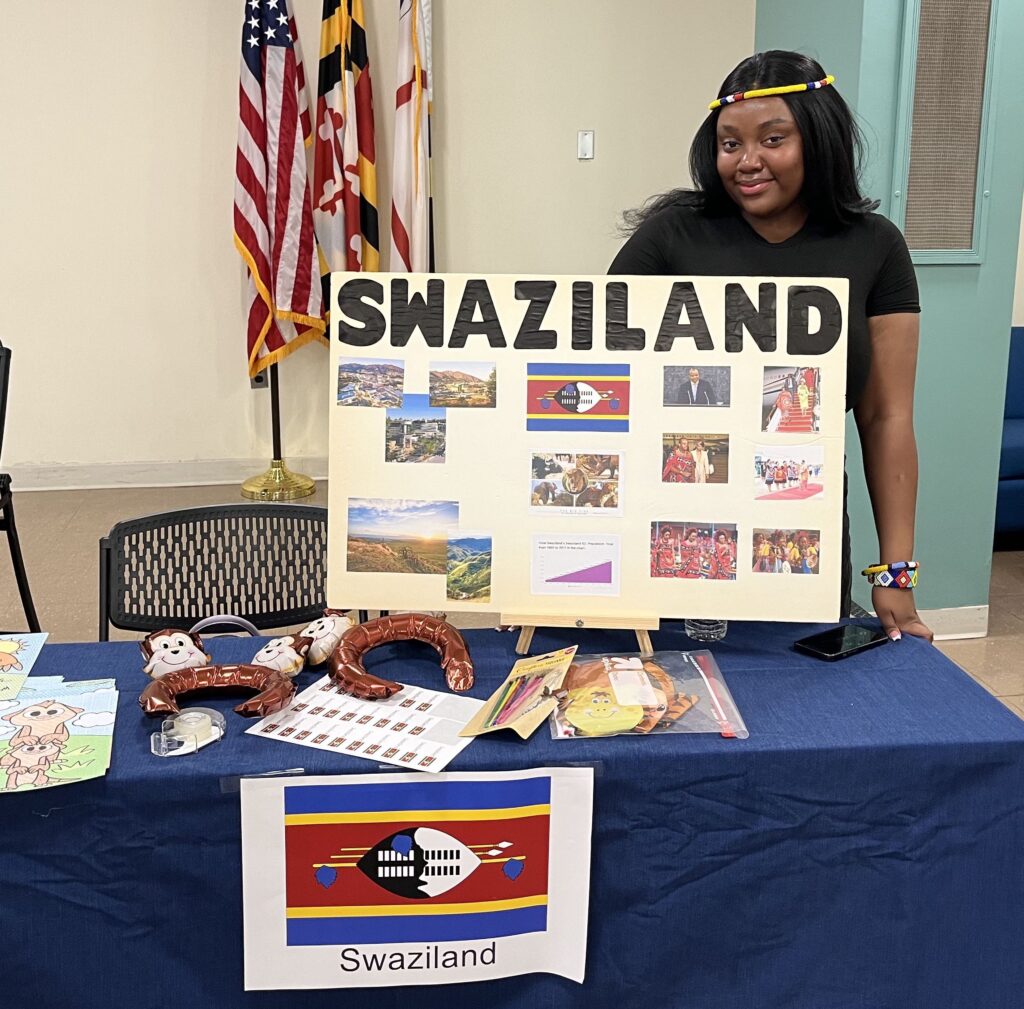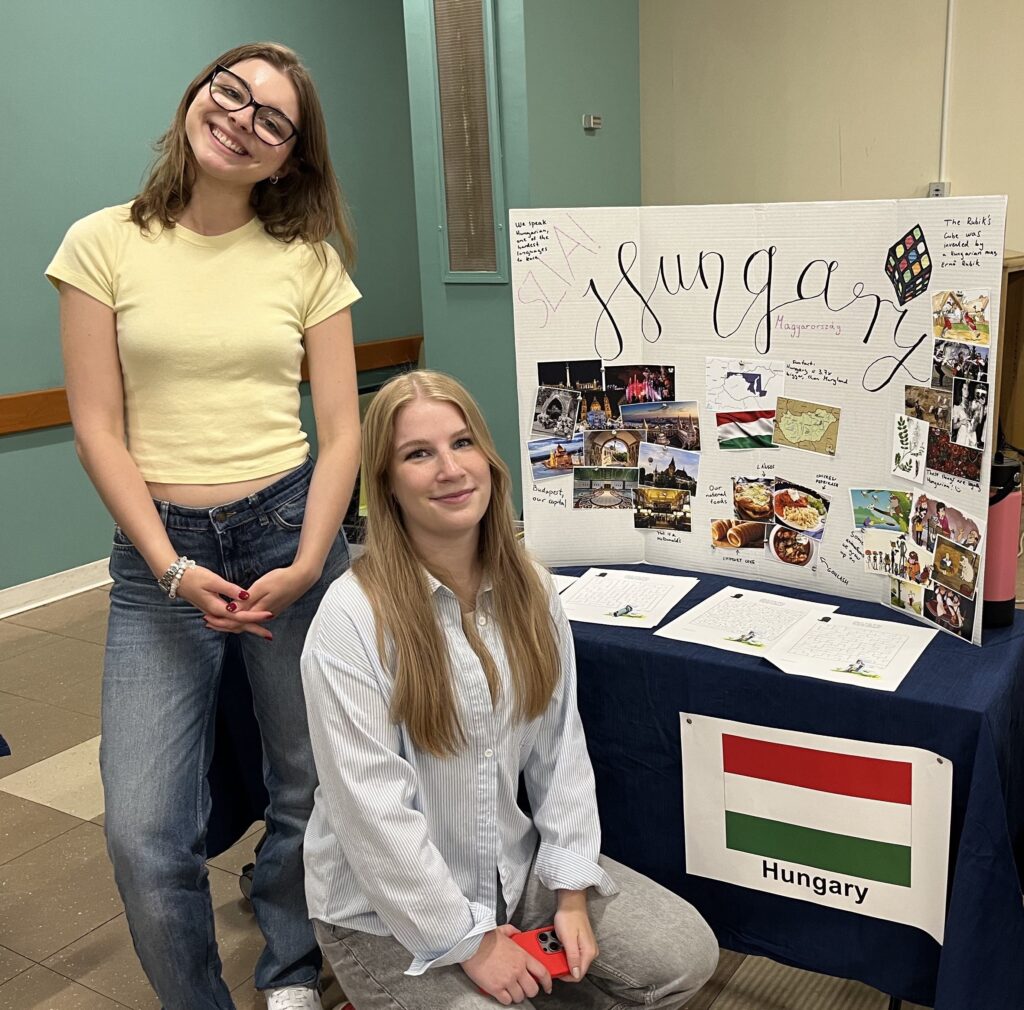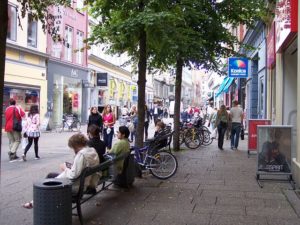Next week’s Camp Au Pair theme is Science (STEM). This includes science, technology, engineering, and math.

Crafts, recipes, activities, and games related to all things science, technology, engineering, and math can be found here on the Camp Au Pair – Science (STEM) pinboard.
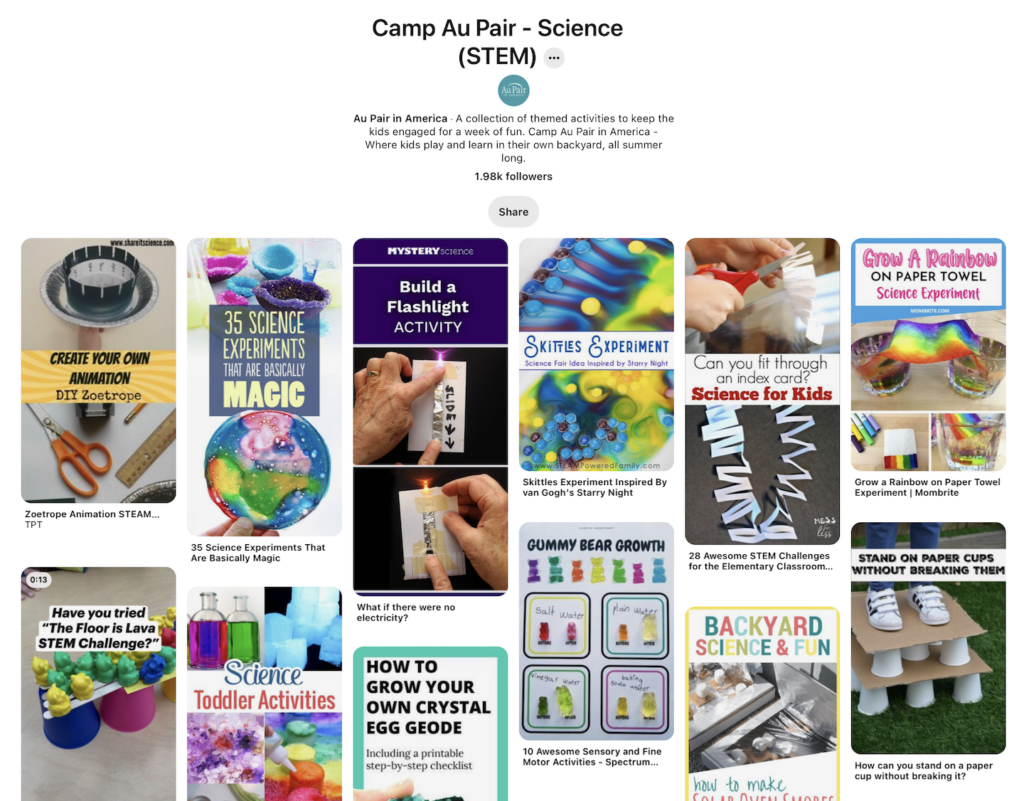
Field Trips can be a great way for kids to learn and have new experiences. Get permission from your host parents before any outings. Here are a few places to go, that fit this theme:
- Airport Observation Area (BWI & DCA both have these)
- Aquariums
- Chesapeake Children’s Museum (Annapolis, MD)
- Clearwater Nature Center (Clinton, MD)
- Factory Tours
- Farms
- Kid Museum (Bethesda, MD)
- Krispy Kreme Doughnuts – Some locations have a viewing area where you can watch the machines used to make them.
- Maryland Science Center (Baltimore, MD)
- Montgomery County Nature Centers
- Mt. Rainier Nature Center (near Hyattsville, MD)
- Museums
- Planetariums
- Smithsonian Museum of Natural History (DC)
- Smithsonian Air & Space Museum (DC)
- Smithsonian Udvar-Hazy Center (VA)
- Smithsonian National Zoo (DC)
- Watkins Nature Center (Upper Marlboro, MD)
Virtual Field Trips
Videos – On YouTube, you can find many great videos of science experiments to do with kids.
The Magic School Bus is a cartoon series with episodes on lots of great science topics. You can find some episodes on YouTube and the full series on Paramount Plus.
Bill Nye the Science Guy is science TV series for kids. There is an episode guide on his website with clips and explanations on a wide variety of science topics.
Movies – The Lego Movie, Big Hero 6, Wall-E, Hidden Figures, Robots, Cloudy with a Chance of Meatballs, Flubber, Honey I Shrunk the Kids, and Meet the Robinsons all fit the STEM theme.
Webcams – You can do a Google search for science websites with webcams. Here is a collection of 22 science webcams from around the world.
Books – Stop by your local library and look for books on science, technology, engineering, and math. You can also find many read aloud book videos on YouTube. Here are a few to get you started.
Remember… Science is learning about how things work through observation and experimentation. Every day is full of opportunities to encourage children’s natural curiosity about the world!
Image: sweetpaulmag.com


